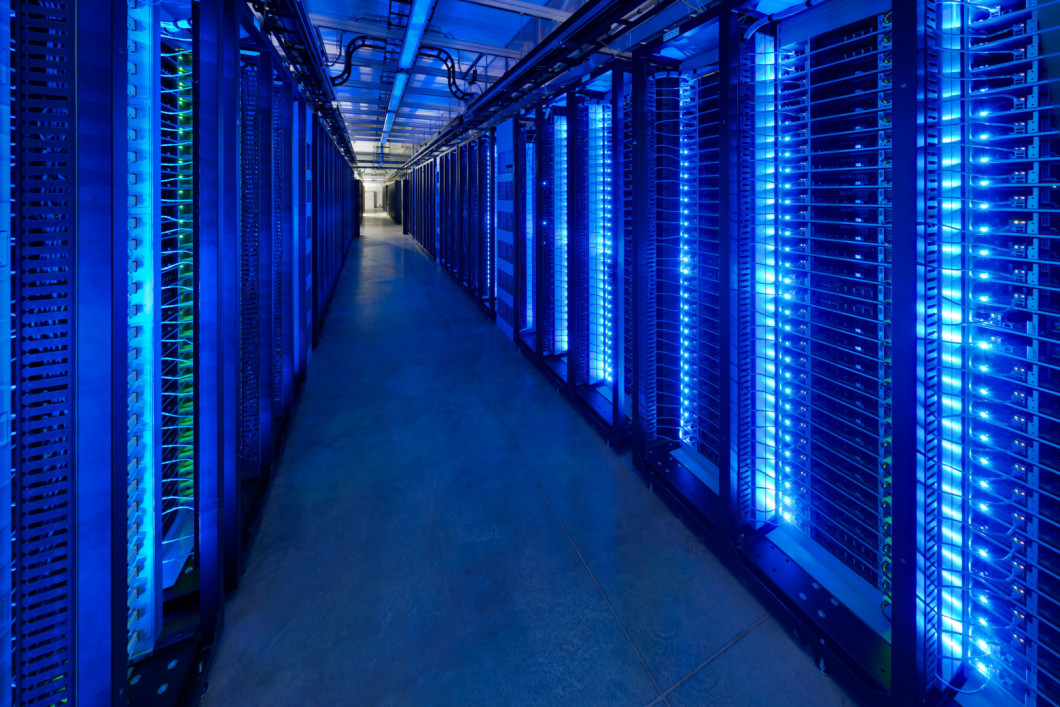Facebook Partners With Telecom Industry To Build Out Wireless Networks
Facebook announced the “Telecom Infra Project” last night, noting that while data-intensive applications are growing in popularity, “Scaling traditional telecom infrastructure to meet this global data challenge is not moving as fast as people need it to.”
The idea is that TIP members — which include Intel, Nokia, Deutsche Telekom, SK Telecom, among others — will work more collaboratively in the hopes of expediting the build-out of wireless networks, particularly in areas that are currently underserved.
“In what is a traditionally closed system, component pieces will be unbundled, affording operators more flexibility in building networks,” explains Jay Parikh, Facebook’s Global Head of Engineering and Infrastructure. “This will result in significant gains in cost and operational efficiency for both rural and urban deployments.”
The company gives two concrete examples of the project: a partnership with wireless provider Globe to bring cellular service for the first time to one village in the Philippines. Facebook also says that UK provider EE is planning to participate in TIP to bring 4G service to hard-to-connect areas of the Scottish Highlands.
While the announcement did not name any U.S. telecom providers (T-Mobile is listed as a TIP member, but that appears to be the European branch of the international company), the Wall Street Journal reports that AT&T has been considering becoming a TIP partner.
So why is Facebook getting into the telecom infrastructure business?
First, it benefits Facebook — and all global content giants — to be able to reach as many human beings as possible. The more users Facebook has, the more it can charge for advertising. Also, more users means more information that Facebook and its affiliated companies can glean from those users — data that can be analyzed and sold off to marketers and advertisers.
But while Facebook only stands to gain from each additional consumer with access to wireless data, the telecom industry faces only slim gains — and possible losses — by expending capital to build out in smaller or geographically distant communities. A village of 100 people in a remote mountain area may not be worth the investment.
Thus, it makes sense for Facebook to pitch in and carry some of the burden of these build-outs. Similarly, the involvement of companies like Nokia — which benefits from being able to sell hardware to more consumers — is intended to spread the cost around.
Finally, the TIP is a bit of self-imposed penance for Facebook. The wireless industry has long made the argument that popular content providers have benefited greatly from carriers’ infrastructure improvements without so much as a thank you. Facebook was able to fly under that radar while data gobblers like Netflix and YouTube raised the ire of wireless carriers. But now that the social media platform has pushed video content to the fore, it appears to have decided that it would be better to work with the telecom industry.
“The tension has been that these guys are taking a slice of carriers’ pie, and they aren’t investing in networks,” Rajeev Suri, CEO of Nokia Corp., tells the Journal. “I think both sides realize they need each other.”
Want more consumer news? Visit our parent organization, Consumer Reports, for the latest on scams, recalls, and other consumer issues.


